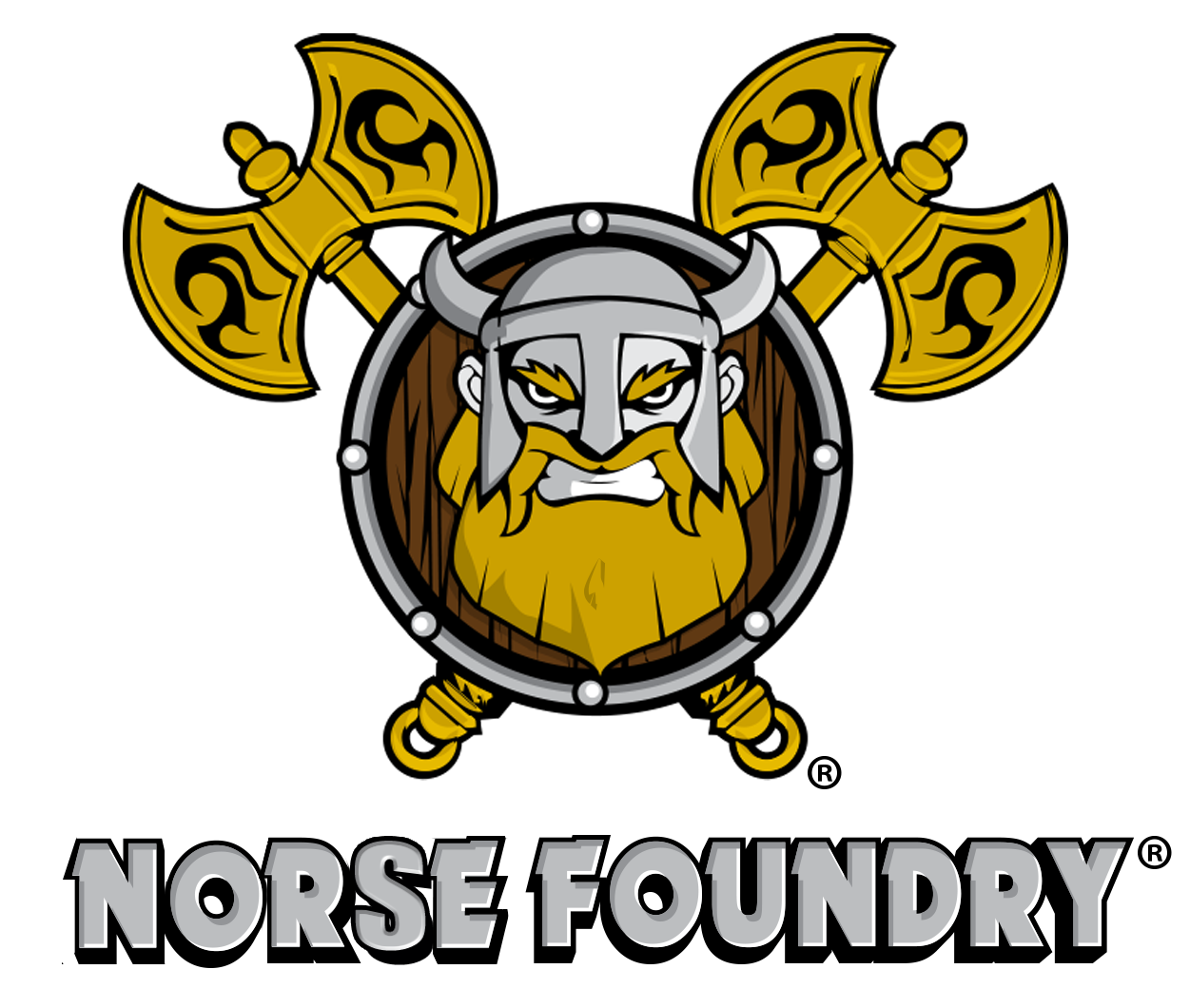Author: Chris Katrev
Using Your God & Deity in Game Roleplaying
Have you ever felt the urge to immerse yourself in the role of an omnipotent deity to guide your friend in understanding their character's intricate bond with their deity in Dungeons & Dragons? Have you experienced the tension as your player rolls a natural twenty on their religion check, attempting to commune with their god?
If the prospect of your players finally encountering the source of the cleric's divine power fills you with a sense of trepidation, perhaps even prompting you to wish you had offered up some prayers of your own, fear not! There is hope yet!
Establish The Connection
It's common for clerics to overlook the precise nature of their relationship with their deity, and that's understandable. Unlike warlocks, clerics don't typically strike deals for their powers. Consequently, many players feel a sense of detachment from the source of their divine abilities.
This detachment isn't necessarily a drawback; in fact, it can offer flexibility and freedom. Many clerics derive their magic from their unwavering devotion, requiring minimal direct interaction with their god.
However, this can pose challenges, especially in roleplaying. The dynamic between a cleric and their god is unique, so it's crucial to establish the nature of this relationship early on.
One effective approach is to ask questions: How did the cleric come to serve their deity? What drives their devotion? Is their bond personal or more distant? By exploring these questions, players can deepen their understanding of their character's connection to their god.
Power And Gods
Considering the power and stature of a deity in your campaign setting is crucial for fleshing out their goals, personality, and interactions with religious NPCs. This also shapes the dynamic between the deity and their followers.
For instance, a deity with a smaller following might engage more directly with individual clerics, offering more personalized guidance. Conversely, a deity with a vast number of worshipers might maintain a more distant presence but could offer significant aid to the party as they progress.
By contemplating these factors, you can enrich the narrative and deepen the player experience within your campaign.
Develop Their Avatars
In the Forgotten Realms setting, gods often maintain intimate connections with their clerics, occasionally manifesting as avatars to communicate directly with their followers. While not every deity opts to appear personally, nearly all have the capability to do so. For instance, deities like Eilistraee and Vhaeraun may assume humanoid forms to interact with their clerics, while others might appear as celestial lights or natural elements. These avatars greatly influence the physicality and descriptions used during roleplay, adding depth to the interactions between clerics and their divine patrons.
Method Of Communication
When determining how your deity interacts with your cleric, consider employing methods such as dreams, visions, or disguises. These allow for genuine roleplay between the god and the cleric without the need to maintain an air of mystique at all times.
At times, roleplaying a deity may involve delivering messages through intermediaries or messengers. This approach can be particularly useful if you decide that the god is too distant to engage in direct interactions. Additionally, it provides an opportunity to introduce NPCs into the storyline.
A Gods's Mindset
An unfortunate limitation of being human is our lack of omnipotence, making it impractical to approach roleplaying your cleric’s god as if you were! Instead, try this analogy: consider the player characters as stray dogs.
Like dogs, some characters may be pesky or troublesome, easily dismissed from your thoughts or dealt with if necessary. Others, however, may earn your affection and loyalty, becoming valued companions who enrich your life. Despite their loyalty, dogs lack the capacity for complex thought or creativity.
This mindset helps distinguish gods from mortals. While gods can persist beyond their worshipers' lifetimes, special bonds may endure, for better or worse, leaving a lasting impact.
By viewing player characters as significant yet limited beings, you can better embody a deity's perspective, understanding existence in a way beyond mortal comprehension. Despite any affection, the players remain unequal to the god.
A God's Attitude
In D&D, gods are often characterized by their imperfections, embodying complexities and controversies within their vast portfolios. Their interactions with clerics are purposeful, not whimsical, and understanding their mindset is key to roleplaying effectively.
When roleplaying as a god, consider three essential questions:
- What are their intentions for this conversation?
- What methods are deemed acceptable to achieve their goals?
- Are you remaining true to their alignment and values?
Keeping track of the god's personality, portfolio, and beliefs can help you stay true to their character. For example, a deity associated with nature may have a more relaxed demeanor compared to one known as the Lord of Murder.
Conclusion
Roleplaying a deity in your D&D campaign adds depth and intrigue, enriching the storytelling experience. By understanding the god's mindset, goals, and alignment, you can create memorable and meaningful interactions with your cleric. Embrace the imperfections and unique characteristics of your gods to enhance your game's dynamic and immersive narrative.

